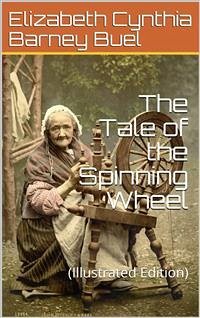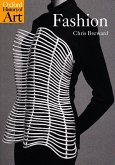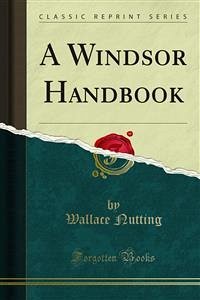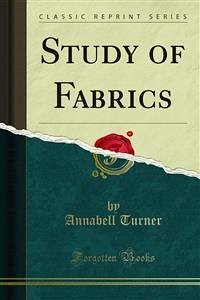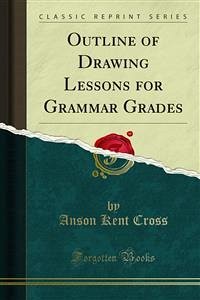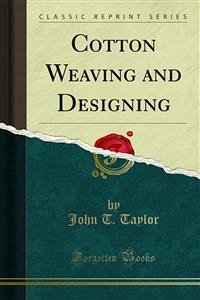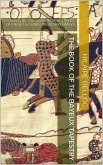Excerpt from Book: The spinning-wheel—symbol of the dignity of woman’s labor.—What wealth of memory gathers around the homely implement, homely indeed in the good old sense of the word—because belonging to the home. Home-made and home-spun are honorable epithets, replete with significance, for in them we find the epitome of the lives and labors of our foremothers. The plough and the axe are not more symbolic of the winning of this country from the wilderness, nor the musket of the winning of its freedom, than is the spinning-wheel in woman’s hands the symbol of both. So symbolic is it also of woman’s toil, of woman’s distinctive and universal occupation, nay, of woman herself, that the “distaff side of the house” has always been expressive of the woman’s family, and “spinster” is still the legal title of unmarried women in the common law of England. Most ancient of all household implements, it has been used in one form or another by queen, princess, and serving-maid, by farmer’s wife and noble’s daughter, until it stands to-day a silent witness to the fundamental democracy of mankind.
Bitte wählen Sie Ihr Anliegen aus.
Rechnungen
Retourenschein anfordern
Bestellstatus
Storno

